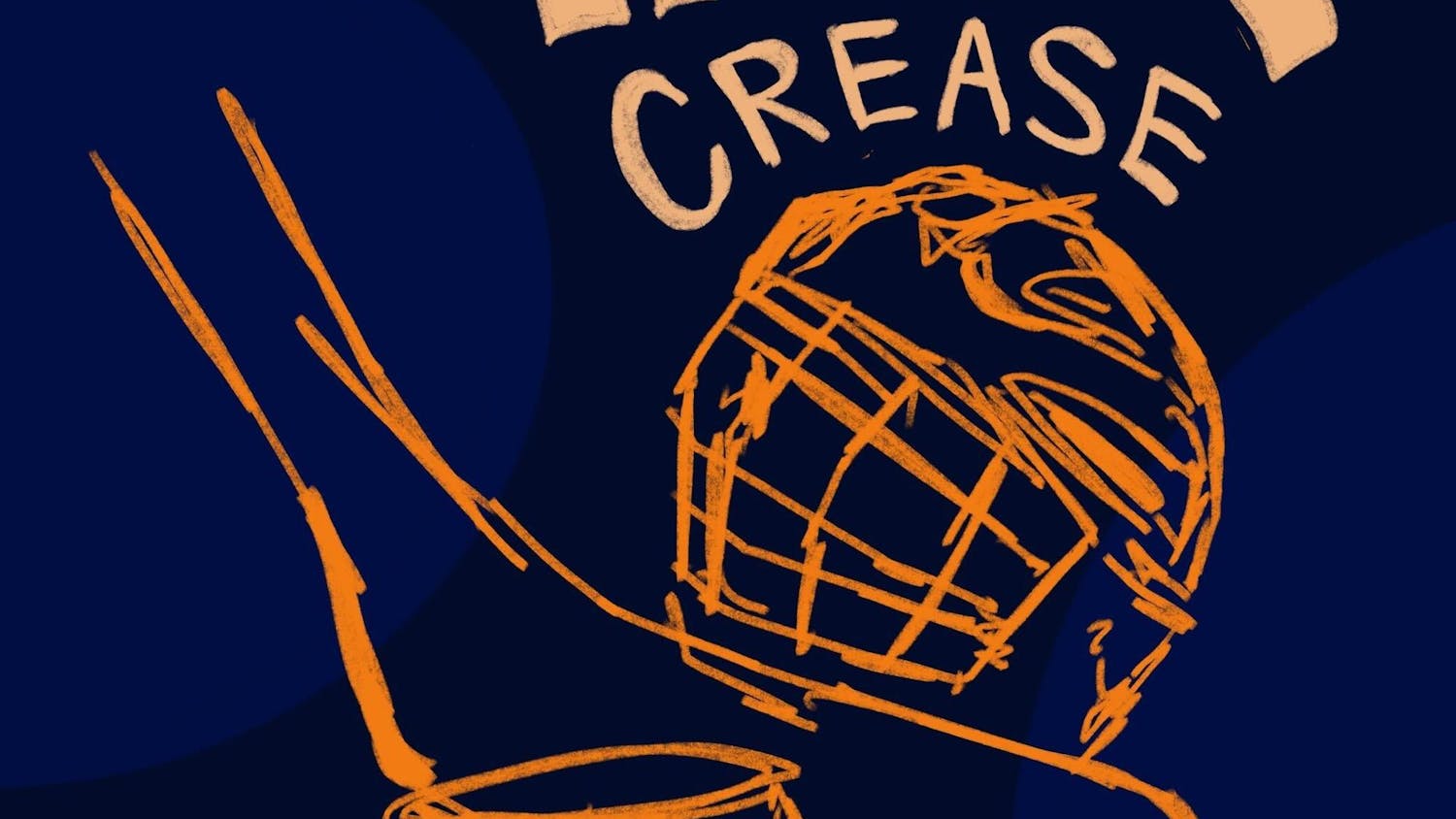Imagine this scenario for a second: you're one of the best athletes in the country. You receive a football scholarship offer to play for defending national champion University of Alabama, and you accept. As a freshman, you're a backup on a team that goes on to defend its crown and become two-time national champions. To sum everything up, you're on the best football team in the country in the best football conference in the country, and your education is fully paid for - plus books and amenities. How could you possibly squander this opportunity? That is precisely the question to ask four former Alabama football players who were dismissed from the university and team after charges of robbery and credit card fraud.
As Alabama coach Nick Saban so eloquently put it, "Some people learn by words. Some people can learn by consequences. Some people can't learn." These athletes are hopefully learning that there are consequences for actions that extend beyond the sidelines of a football field. They committed crimes and are paying the price. Too often in modern-day sports, athletes are considered exempt from the law. People find ways to overlook or brush incidents under the rug so that they will not receive negative publicity.
Along with being a source of entertainment, sports are meant to teach life lessons and develop strong character, especially at the non-professional levels. Unfortunately, in recent years college programs have elected to place winning ahead of the aforementioned qualities. Who says that both can't be achieved at the same time? Take a Div. I institution like Stanford, for example. Stanford is an internationally- renowned university whose athletes succeed both in the classroom and out. Rarely, if ever, do NCAA sanctions weigh them down as many elite schools do now-a-days. Admission to the school consists of more than just writing down your name as a football recruit. The school embodies the concept of "student-athlete" and stresses the importance of both.
On top of the academic rigor, the program wins games. They produced the NFL's first overall pick Andrew Luck this past year in football and proceeded to win both the PAC-12 championship and Rose Bowl without him. As a school they have won 116 national championships through the spring of 2011.There's a right way to win, and there's a wrong way. The wrong way is the "win at all costs" mentality. Everything is thrown to the side except for what happens between the lines. The truth is that, with the exception of baseball, no NCAA sport sends more than two percent of its athletes to play professionally. Most college athletes will go on to have careers and families outside of their respective sports. Winning a game is not important in the grand scheme of things, but succeeding in life is.
Although we seem to see it everywhere, it's clear that a college player going professional is the exception and not the norm. Coaches and institutions should be preparing these players for this life after college. They should be teaching them qualities and virtues that sometimes can only be taught through sports. Coaches are largely successful in this endeavor. Duke basketball coach Mike Krzyzewski is a man admired both for his ability to win basketball games and also to instill in his players good morals. Before the Jerry Sandusky scandal, Penn State football coach Joe Paterno was hailed as a man of great character. Jumping back a few decades, it's impossible to leave legendary UCLA basketball coach John Wooden off this list. I admire coach Saban for his no-nonsense approach towards the members of his team. It is a privilege, not a right, that players are allowed to compete on the field - and they should treat it as such. Players knew there would be consequences if caught, and now it's time to endure them. To the players wasting these opportunities - you're sacked!
--
Jordan Bean is a freshman who has yet to declare a major. He can be reached at Jordan.Bean@tufts.edu.





